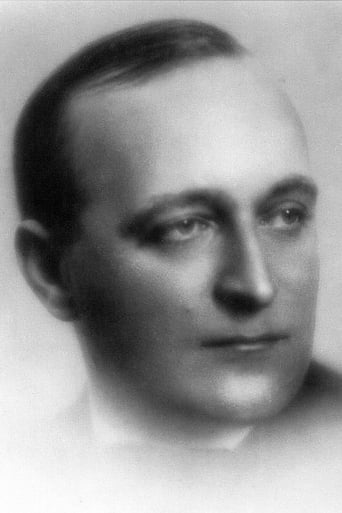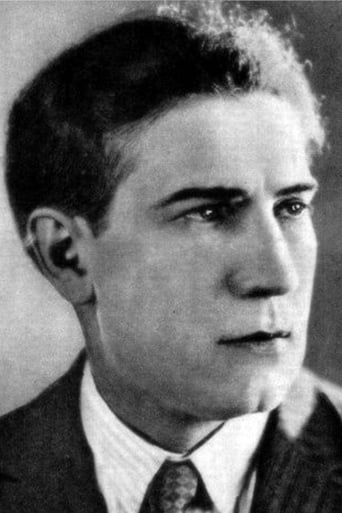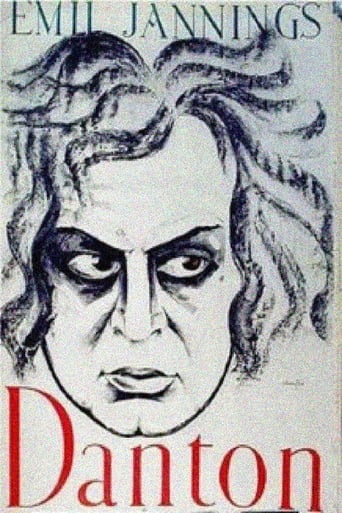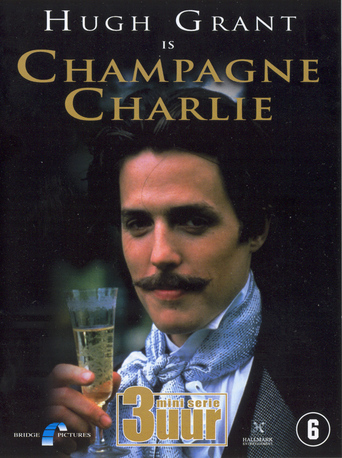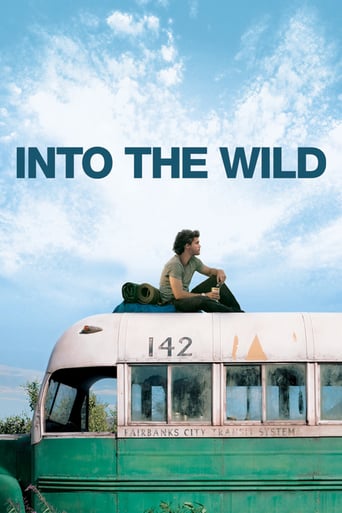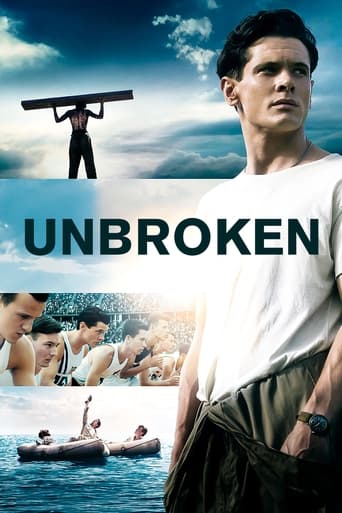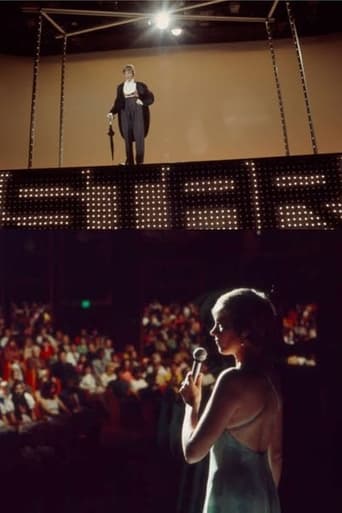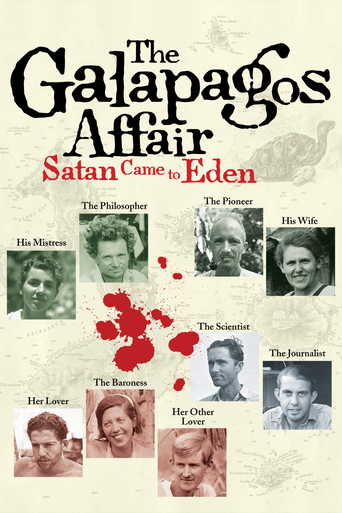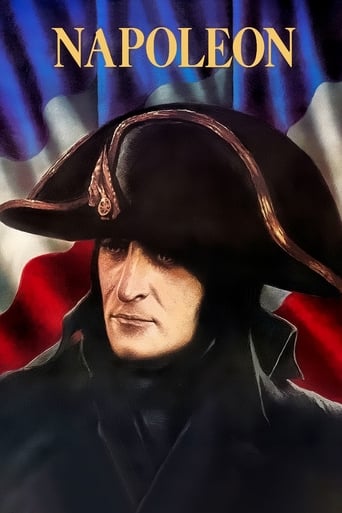
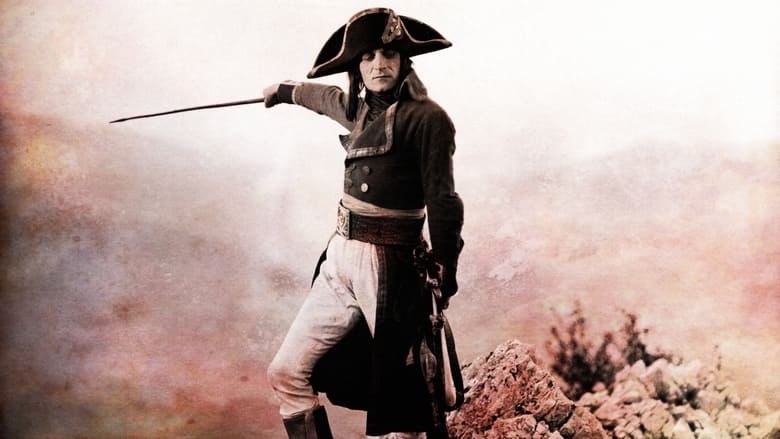
Napoléon (1927)
A biopic of Napoleon Bonaparte, tracing the Corsican's career from his schooldays (where a snowball fight is staged like a military campaign) to his flight from Corsica, through the French Revolution (where a real storm is intercut with a political storm) and the Terror, culminating in his triumphant invasion of Italy in 1797.
Watch Trailer
Cast


Similar titles
Reviews
Thanks for the memories!
Overrated and overhyped
Lack of good storyline.
Blistering performances.
Whilst the on-going scandal rages on about the rights of ownership of this supposed Masterpiece and without a proper DVD release available, there seems to be few options.Firstly, I'd never seen either the film, nor extracts from it, even. It is often cited as the best film made at that point (1927) and is truly Napoleonic in scale and ambition, using cutting edge film techniques that only a few Russian directors employed - and a bit later at that.There's an imported (Korean/Chinese) DVD that apparently is heavily compressed in order to fit 3.5 hours all onto one disc and so, subsequently, quality is rubbish. Or so reviewers have said - in fact the legalities and the quality (or lack of) is all they seem to carp on about.Having not being able to find even a Korean DVD, I found a secondhand NTSC video on a well-known auction site, which comes in two cassettes, each being just under 2 hrs and housed in an outer case. My old JVC VHS recorder, long disconnected, just so happens to play the U.S format NTSC videos as well as VHS, and so, I thought my bidding, whilst a gamble, might be worth it, if my machine could play it.It does. The picture quality is OK, never exactly sharp in detail but with good contrast and not as muddy as many Silent era film DVDs. You just see slight magenta and green bands where the tinting of the film is sepia, but that is well controlled and easily gotten used to. The stereo realisation of Caarmine Coppolla's new score sounds surprisingly good and full-bodied, for a video.So, this 'solution' may not be favourable or even possible for many but my £15 winning bid was worthwhile, in a roundabout way! And, of course, I get to see the Masterpiece in about the best from currently available. Better that than not at all, surely?
I saw this film in Los Angeles sometime in the 80's. I remember not being that thrilled to go see such a long "silent" film, but agreed to go because a friend of mine was playing in the live orchestra accompaniment and I wanted to be supportive. I was, to say the least, completely blown away. To this day, it remains the best film I have ever seen. Nothing compares with it. There were 3 screens with a mixture of film action, photographs and, of course, the live orchestra and, despite the length, it was utterly phenomenal. Until reading some of the comments here, I was unaware there was a controversy about the length, quality and musical score. In fact, in the years since I've seen this film, when discussions about movie favorites come up, I've always said this was my favorite film. Not once have I ever come across another person who's even heard of it, let alone seen it. Perhaps I need a higher brow version of friends and acquaintances...smile. On reflection, I would assume the version I saw must have been Coppola's. If this lesser restoration could blow me away, it would be a privilege and honor to see the more complete restoration. If it ever comes my way, believe me, I'll be first in line to see it. Should this epic travel in your direction, don't miss it. It is truly one of the finest films ever.
Napoleon (1927) 1981 cut **** (out of 4) Abel Gance's technical marvel was certainly years ahead of its time but I'd guess that most people would find it a chore to sit through today. The film follows Napoleon as a child all the way up to mid-life where the film ends because the director had planned on making five more films in the series but could never get the backing. Storywise, there really isn't anything new here that we haven't seen in previous epics from Griffith or DeMille. What really separates this thing is its technical beauty, something that could be lost on those who don't know much about how films were back in the day. If anyone has a decent amount of knowledge about the silent era then this film will certainly knock their socks off. I would argue that the actual battle scenes were better in Intolerance and Ben-Hur but the scope here is certainly multiplied. The director was highly influenced by Griffith and even asked for his advice before going into this film and it's clear what Griffith told him, he took it to the next level. For starters, the first big battle takes place when Napoleon is a child and he and his friends are having a snowball fight. This might sound simple but the director makes a great battle of it. The next big moment happens when Napoleon is stuck on a small boat out at sea when a storm hits. The way this is edited together creates some great tension and even better are the various (at the time) strange camera movements that get you right into the storm. Another battle, taking place at night, during a rain storm, also looks wonderful. Not to mention the final battle scene where the director uses an early example of widescreen. This effect (three cameras side by side shooting) might not stand up to today's standards because it's easy to see where the "next screen" is but it still looks great.
I saw this film in its restored original form, with 3 projectors for the triptych scenes, and with the original Arthur Honegger score played on one of the few surviving giant theater organs. It is still an unforgettable cinematic experience. Eisenstein and other Russian filmmakers were dazzled by Gance's technique when a print of the film found its way to Moscow. Gance re-edited Napoleon as a sound film in 1934, using the original actors to dub in the voices and adding some new scenes. The lip synch is perfect, because Gance (unlike most silent film directors)made his actors speak all their lines. The DVD (which is long overdue)should include both the silent and the sound versions of the film, and use Honegger's score. He was a major 20th Century composer, contemporary with Gance, who spent most of his career in France; so his music really belongs with the film.


